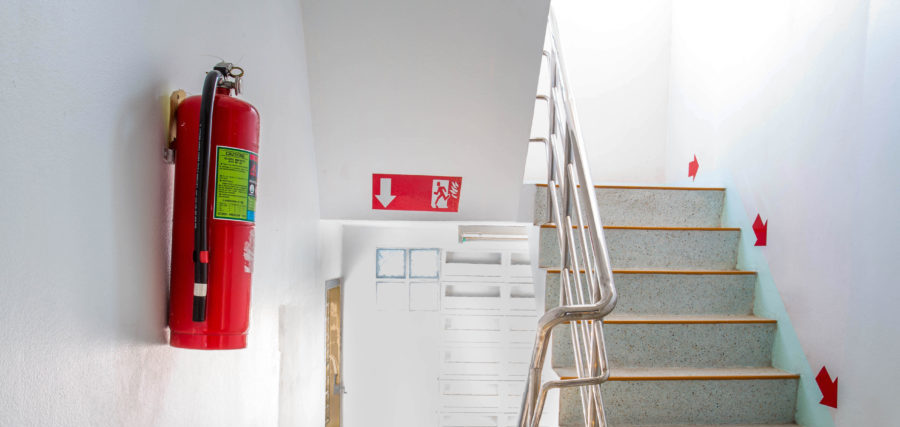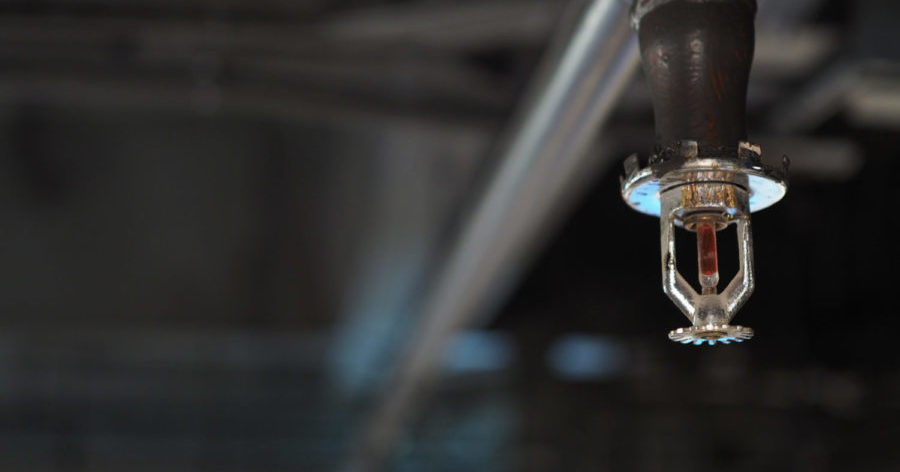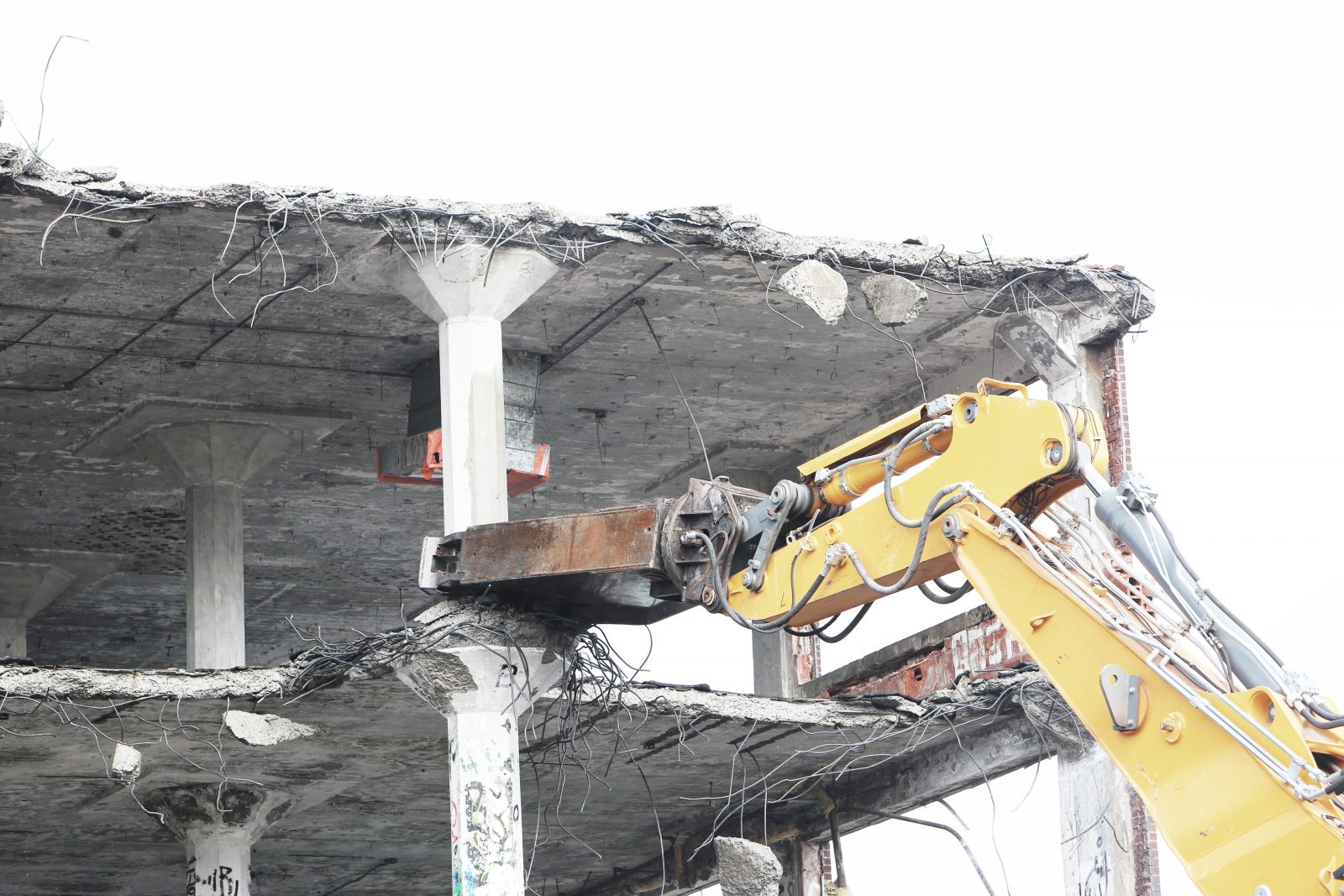As of the 25th March 2020, Tetra Consulting Ltd has imposed travel restrictions as directed by the UK Government. These will remain in place until further updates have been provided by the Government. Client related travel is possible for the Tetra Consulting team, however, requires the approval of the Tetra Consulting Senior Management.
Tetra Consulting Ltd will continue to review the Government restrictions as the situation continues and will monitor Government advice closely. We will continue to provide the essential services that our clients are requesting and ensuring that we keep our consultants, our clients and their premises safe, as long as Government advice allows.
Risk Assessments
We are continuing to undertake site assessments where and when required, subject to Tetra Consulting Ltd.’s restrictions following the Government guidelines. Unless our clients inform Tetra that they would rather we did not attend site, we will continue with this approach. This is limited to day visits by consultants and cannot travel longer distances where an overnight stay would be required. This is due to accommodation premises being either closed or prioritised for key workers.
Our consultants continue to travel by car, rather than any public transportation, assuring their safety, not being exposed to mixing in public transport areas. Our consultants have been fully briefed on the safety protocols to be taken and all carry their own hand sanitiser and use it regularly to prevent transmission.
There does remain an uncertainty with regard to underground and bus travel in London due to limited service and key workers requiring priority to this. Additionally, it presents a higher risk to our consultants to use these and taxi services, therefore, our consultants will travel into London by car and via foot, from car park locations to site. This will continue to be reviewed but may impact on our ability to carry out central London assessments, we will however assess this on a case by case basis. This will ensure that not only do our consultants stay safe, but we are protecting both our clients and their sites.
The consultant will wash his/her hands with soap and water. If the facilities are unavailable, he/she will use a sanitiser immediately before and after the inspection. The consultant will not have any contact (i.e. shaking hands) with the clients or the representative. They will limit what they touch with their hands and will choose to continue the social isolation by not using the lifts unless alone in the lift car.
While travelling around the building, the consultant will look to maintain a suitable distance between themselves and other people within the building, including the Building or Facilities Manager who may be escorting them round the building and providing access to certain areas.
If the consultant sneezes or coughs whilst onsite he/she will use a tissue and place it in a plastic bag (which will be provided by Tetra) and disposed of accordingly. If either the consultant or the client is “uncomfortable” at any time, then either party can terminate the Inspection. On completion of the site visit, the consultant will again look to either wash their hands and/or use their hand sanitiser.
By limiting the contact with other persons throughout their working day, along with regular hand washing/sanitising and being careful as to what they touch as they move around the sites, our consultants should be able to keep themselves safe and not risk infecting others.
Clients’ Obligation
As far as possible the client is to confirm on the morning of the Inspection/Audit that all employees are clear of Coronavirus symptoms. If possible, hand washing facilities to be made available.
The client or the representative will not attempt any physical contact with the consultant. The client or representative must maintain a safe distance. All keys given to the consultant to access cupboards and service rooms must be wiped with disinfectant.
All relevant persons should continue to follow existing Risk Assessments and Safe Systems of Work.
Re-Scheduling of Assessments
Should the situation occur that our consultants fall ill and not be able to attend site, we would be in immediate contact to request a reschedule of the assessment to an alternative suitable date.
In the event that we are prevented from completing the assessment, e.g. due to changes in Government guidelines, Tetra consulting Ltd.’s travel restrictions and the unavailability of staff due to sickness, we will notify the site contact and clients’ Senior Management Team and discuss the nearest available dates for rescheduling.
PRISM Services
We are continuing to maintain full PRISM telephone support at this current time, however in the event of sickness or any unplanned issues that could arise as result of the current situation, this could potentially cause a disruption to that service. In the event of this, Tetra will ensure that all clients’ Senior Management teams are informed immediately and then kept fully up to date as things progress.
We are continuing to monitor the situation on a daily basis and will continue to carry out our site visits as detailed here. Should this change, we will update our policies and procedures accordingly and update all clients of the changes. Tetra Consulting remains committed to ensuring the safety of all our consultants, clients and their properties at all times.
Best wishes,

Robert McCall Taylor – Director Health, Safety and Fire Services













